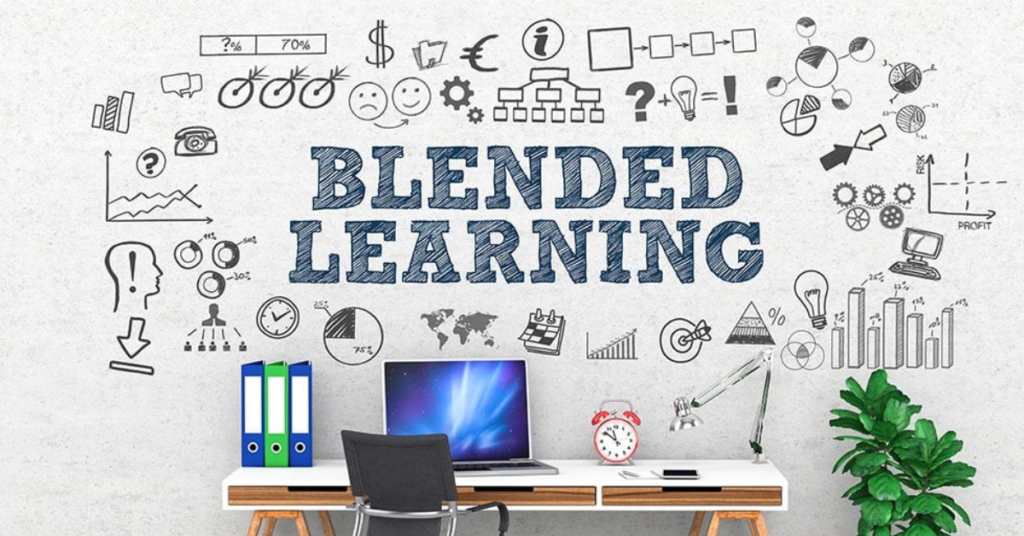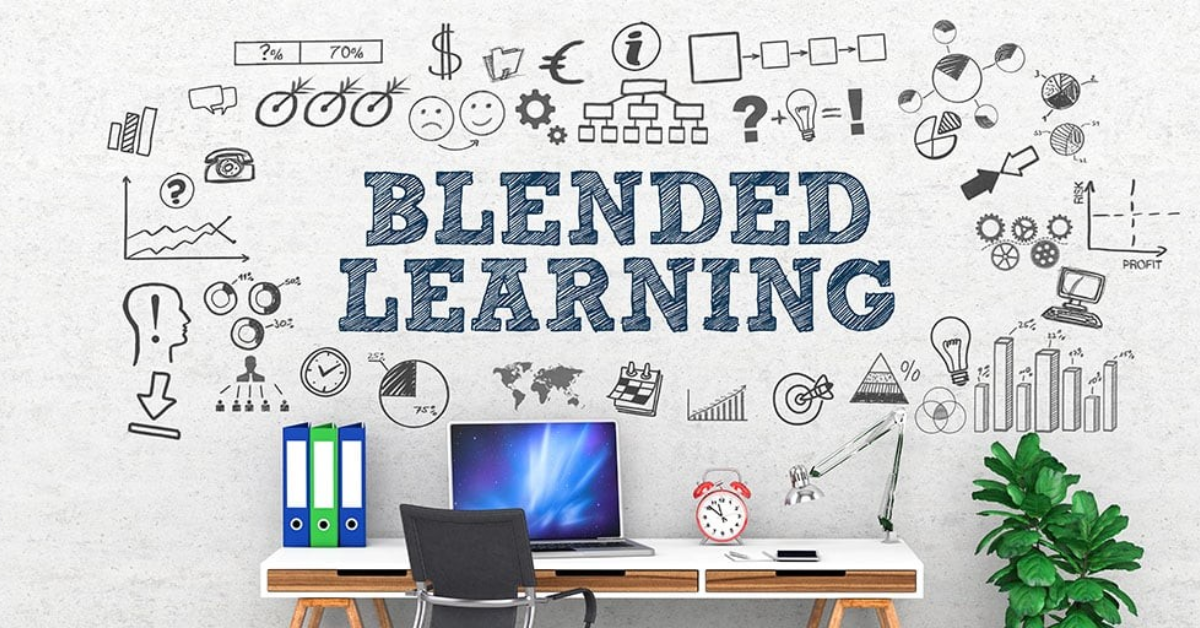University service-learning programs represent a transformative approach to education, intertwining academic study with meaningful community engagement. These initiatives not only enrich students’ educational experiences but also generate significant benefits for local communities. In this article, we will examine the essential features of university service-learning programs, including their objectives, advantages, key components, and real-world applications.

Understanding Service-Learning
Service-learning is an educational methodology that integrates community service with academic coursework. It enables students to engage in projects addressing community needs while reflecting on their experiences in relation to their academic studies. Unlike traditional volunteer work, service-learning is structured and intentional; it connects service activities with specific learning outcomes, promoting a deeper understanding of both the subject matter and civic responsibility.
Core Principles of Service-Learning
- Mutual Benefit: A fundamental aspect of service-learning is its emphasis on reciprocity. Both students and the community benefit from the engagement—students gain hands-on experience, while communities receive valuable services and support.
- Reflective Practice: Critical reflection is integral to the service-learning experience. Students are encouraged to analyze their service activities, allowing them to connect their experiences to academic concepts and personal growth.
- Civic Responsibility: Service-learning fosters a sense of civic duty, motivating students to actively engage with their communities. This active participation helps cultivate informed citizens who understand and address societal issues.
Benefits of University Service-Learning Programs
For Students
- Enhanced Learning Experiences: Service-learning provides students with practical, hands-on experiences that deepen their understanding of academic concepts. Engaging with real-world issues allows for the application of theories learned in the classroom.
- Skill Development: Participation in service-learning projects equips students with essential skills, including leadership, teamwork, communication, and problem-solving, all of which are crucial for both personal and professional development.
- Increased Engagement: Students involved in service-learning often exhibit higher levels of engagement in their studies. The meaningful connection between service and academic work fosters a sense of purpose and motivation.
- Career Preparation: Service-learning experiences enhance resumes and provide students with practical experience relevant to their future careers. Many employers value community involvement and the leadership skills developed through service-learning.
For Communities
- Addressing Community Needs: Service-learning programs often focus on addressing pressing social issues within communities. By collaborating with local organizations, universities can help meet various needs, including education, healthcare, and environmental sustainability.
- Building Partnerships: Service-learning fosters collaboration between universities and community organizations. These partnerships can lead to long-term relationships that benefit both parties, facilitating future projects and initiatives.
- Empowering Communities: Through service-learning, community members are empowered to participate in their development. Students often work alongside community members, fostering collaboration and mutual respect.
For Universities
- Enhanced Reputation: Universities that engage in service-learning demonstrate a commitment to social responsibility, improving their reputation in the community and among prospective students.
- Curricular Innovation: Service-learning programs often inspire the development of innovative courses and curricula that integrate community engagement, making education more relevant and impactful.
- Research Opportunities: Faculty members can engage in research related to service-learning, contributing to scholarship on pedagogy, community engagement, and social issues.
Key Components of Effective Service-Learning Programs
To ensure the success of service-learning programs, universities should focus on the following key components:
1. Collaboration with Community Partners
Effective service-learning programs require strong partnerships with local organizations. Universities should work closely with community leaders to identify needs and develop projects that align with both educational goals and community priorities.
2. Structured Learning Objectives
Clear learning objectives should guide service-learning projects. Faculty members should develop specific goals that connect the service experience to course content, ensuring that students achieve academic outcomes while serving the community.
3. Reflection Activities
Incorporating structured reflection activities is crucial for effective service-learning. These can take various forms, including journals, group discussions, and presentations. Reflection helps students process their experiences and connect their service activities with academic concepts.
4. Assessment and Evaluation
Effective assessment strategies are necessary to evaluate the impact of service-learning programs. Both student learning and community outcomes should be assessed to measure success and identify areas for improvement.
Examples of University Service-Learning Programs
Numerous universities have implemented successful service-learning programs, each tailored to their unique community contexts. Here are a few notable examples:
1. University of California, Berkeley
UC Berkeley’s Public Service Center connects students with various community organizations through service-learning courses. Students engage in projects addressing local issues such as homelessness, education, and health disparities, enriching their academic experience while positively impacting the community.
2. Duke University
Duke University’s Service-Learning Program provides students with opportunities to engage in community-based research and service projects. The program emphasizes interdisciplinary collaboration, allowing students from various fields to work together on projects that tackle complex social challenges.
3. University of North Carolina at Chapel Hill
UNC’s APPLES Service-Learning Program integrates service into the academic curriculum. Students participate in various community service projects while reflecting on their experiences and understanding their impact on society.
4. University of Michigan
The University of Michigan’s Ginsberg Center promotes civic engagement and service-learning through partnerships with local organizations. Students engage in projects addressing issues such as poverty, education, and public health, developing critical skills and knowledge in the process.
Challenges and Solutions in Implementing Service-Learning Programs
While service-learning programs offer numerous benefits, they also face challenges. Universities should consider the following obstacles and potential solutions:
1. Limited Resources
Challenge: Many universities face budget constraints that limit their ability to support service-learning initiatives.
Solution: Universities can seek funding from grants, partnerships with community organizations, and alumni contributions to support service-learning projects.
2. Resistance from Faculty
Challenge: Some faculty members may resist integrating service-learning into their curricula due to concerns about time and resources.
Solution: Providing training and support for faculty can help alleviate concerns. Showcasing successful service-learning models can also inspire faculty to adopt these approaches.
3. Lack of Student Interest
Challenge: Some students may be hesitant to participate in service-learning due to time constraints or lack of awareness.
Solution: Promoting the benefits of service-learning through orientation programs, workshops, and student organizations can help increase interest. Highlighting success stories from past participants can further encourage involvement.
Conclusion
University service-learning programs are instrumental in fostering engaged and responsible citizens who understand and address community needs. By integrating academic learning with meaningful service experiences, these programs provide valuable opportunities for personal and professional growth while positively impacting society. As universities continue to develop and enhance their service-learning initiatives, they play a crucial role in fostering a culture of civic engagement and social responsibility. Through collaboration, reflection, and a commitment to addressing community issues, universities empower both students and communities, shaping a brighter future for all.
